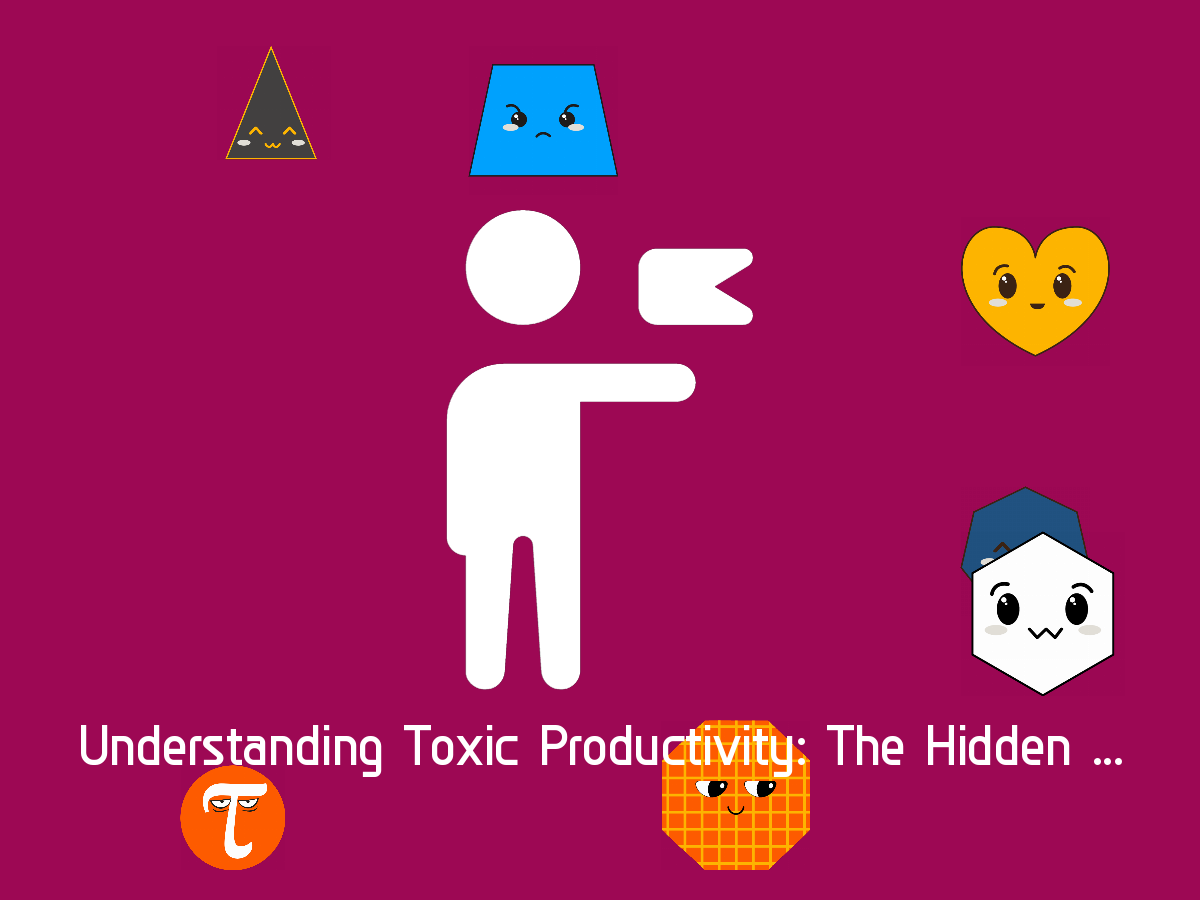In today's high-speed, achievement-oriented work culture, productivity is often hailed as the ultimate goal. But what happens when our pursuit of productivity crosses into an unhealthy realm? This is where the concept of 'toxic productivity' comes into play. Let's explore what it means and how to avoid falling into its trap.
1. Defining Toxic Productivity
- Toxic productivity is the obsessive need to be productive at all times, at all costs. It's characterized by a relentless push to do more, often ignoring personal well-being, relationships, and quality of work.
2. Signs of Toxic Productivity
- Constant Overworking: Regularly working long hours without adequate rest.
- Guilt During Downtime: Feeling guilty or anxious when not working.
- Neglecting Personal Needs: Skipping meals, sleep, or relaxation for work.
- Obsession with Busyness: Equating being busy with being valuable or successful.
- Diminished Quality of Work: Sacrificing quality for the sake of doing more.
3. Why It’s Problematic
- Toxic productivity can lead to burnout, decreased mental and physical health, strained relationships, and ironically, decreased overall productivity and job satisfaction.
4. Cultural and Social Influences
- Social media, corporate culture, and societal expectations can often glorify overworking, making it challenging to recognize toxic productivity.
5. Striking a Balance
- Set Realistic Goals: Focus on achievable, meaningful objectives rather than an endless checklist of tasks.
- Listen to Your Body: Pay attention to signs of fatigue, stress, and burnout.
- Quality Over Quantity: Prioritize the quality of work over the sheer volume.
- Embrace Downtime: Understand that rest and relaxation are essential for long-term productivity.
- Seek Support: Discuss workload concerns with supervisors or seek professional help if overwhelmed.
6. Creating a Healthier Work Environment
- Employers can play a crucial role by promoting a balanced approach to work, encouraging regular breaks, and fostering an environment where employees feel valued beyond their output.
7. Conclusion
Toxic productivity is a deceptive pitfall in our quest for efficiency. Recognizing and addressing it is not just about enhancing work performance but also about preserving our well-being. By redefining productivity to include health and happiness, we can create a more sustainable and fulfilling work life.





